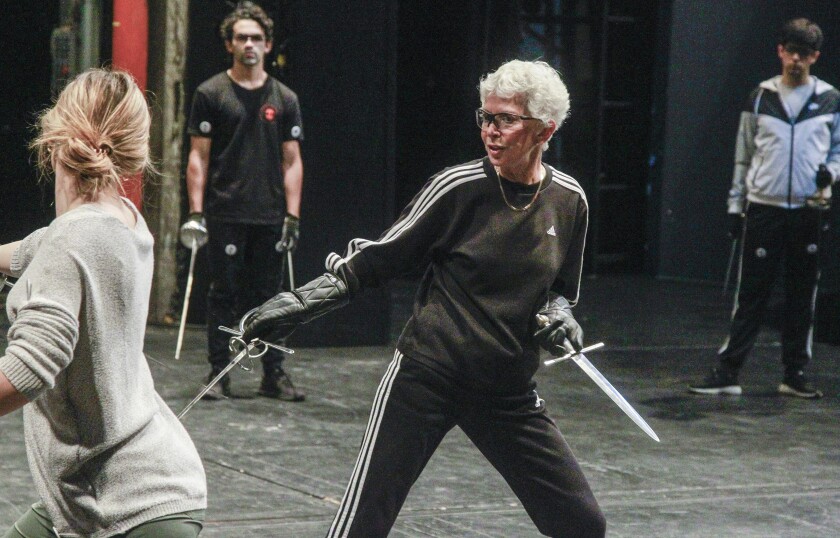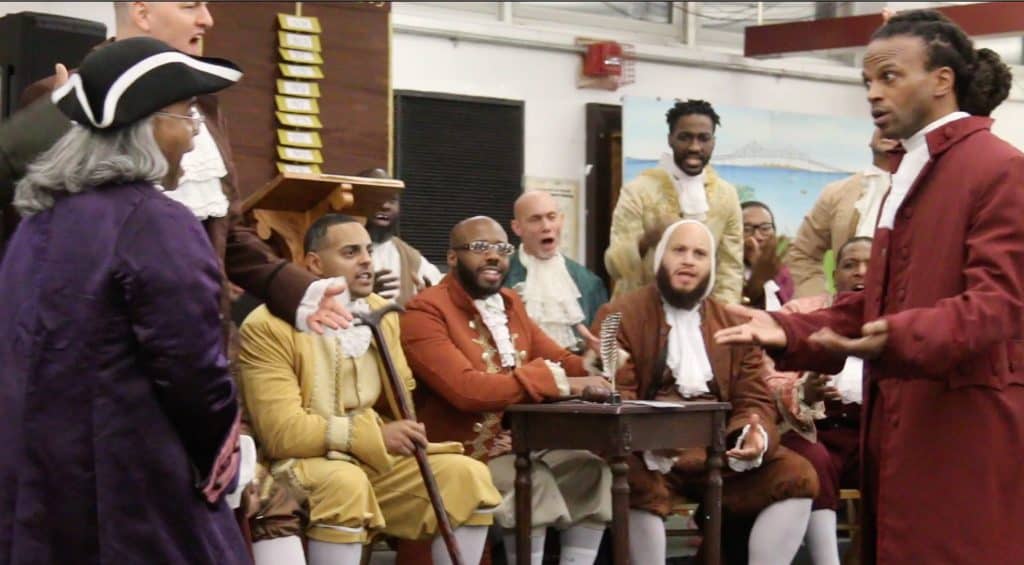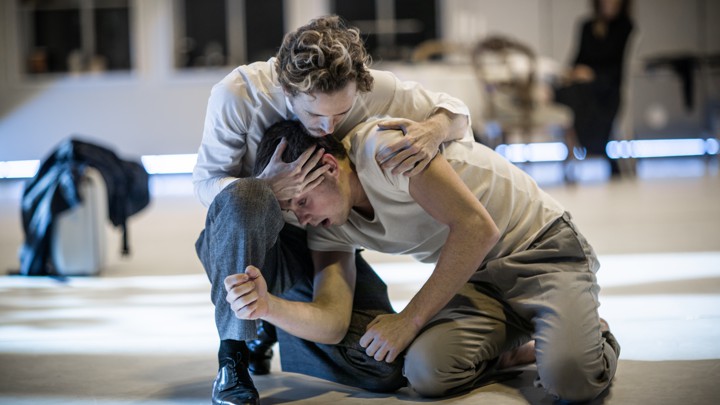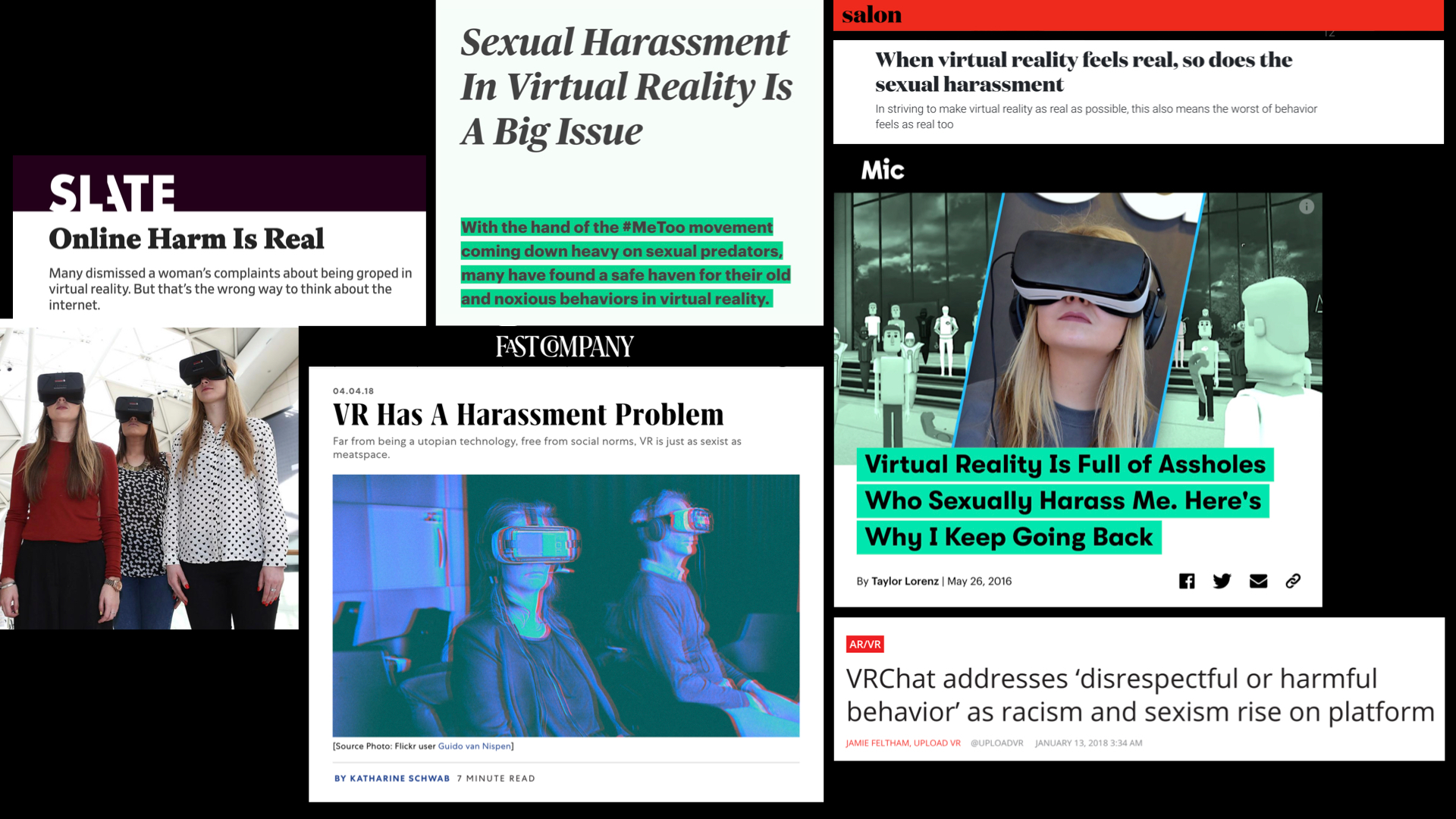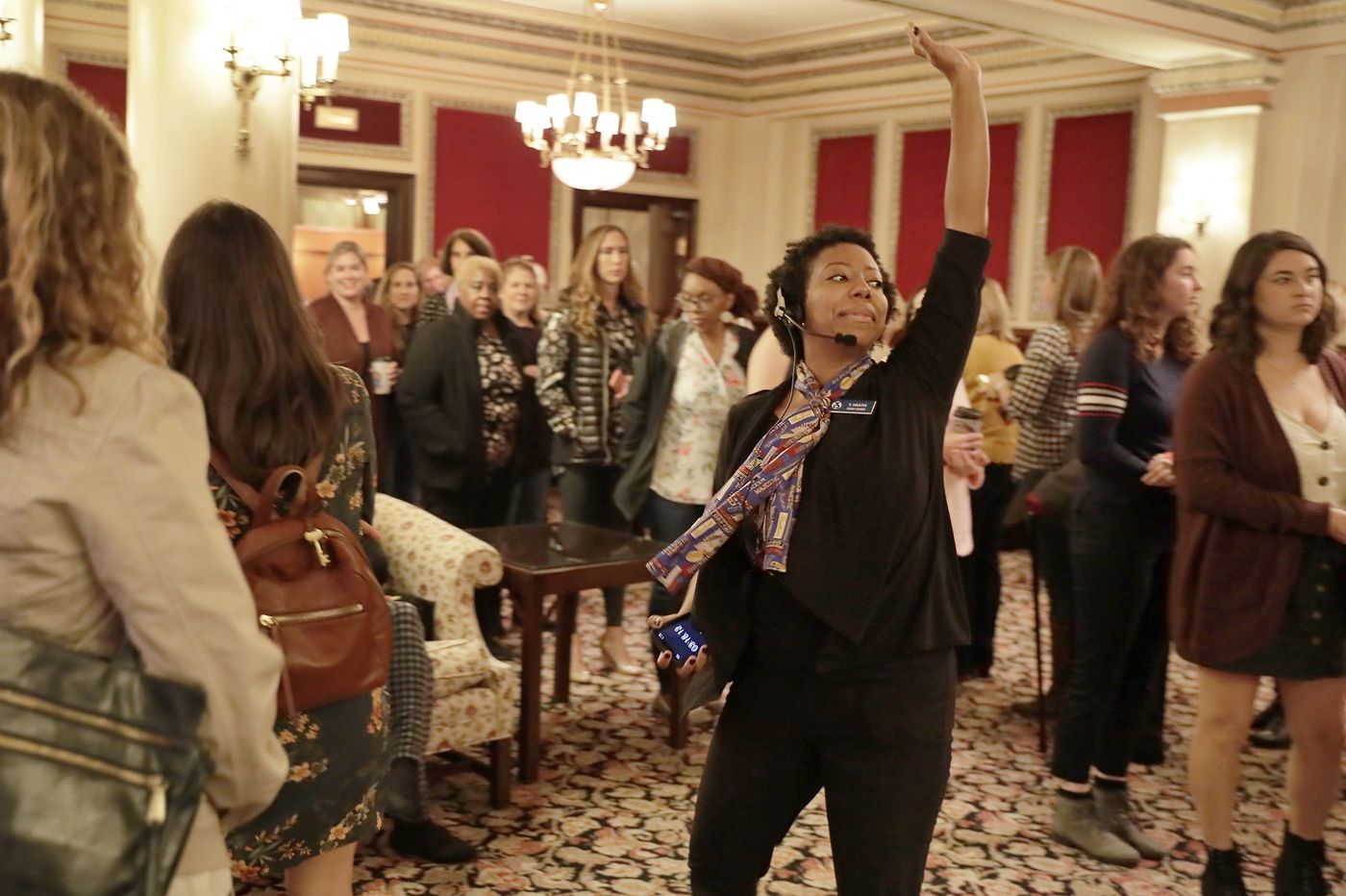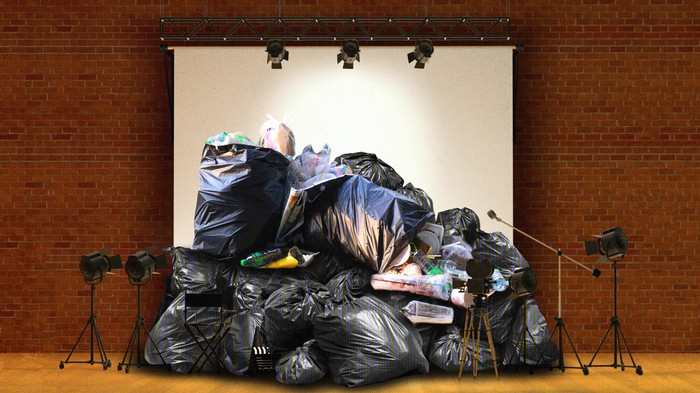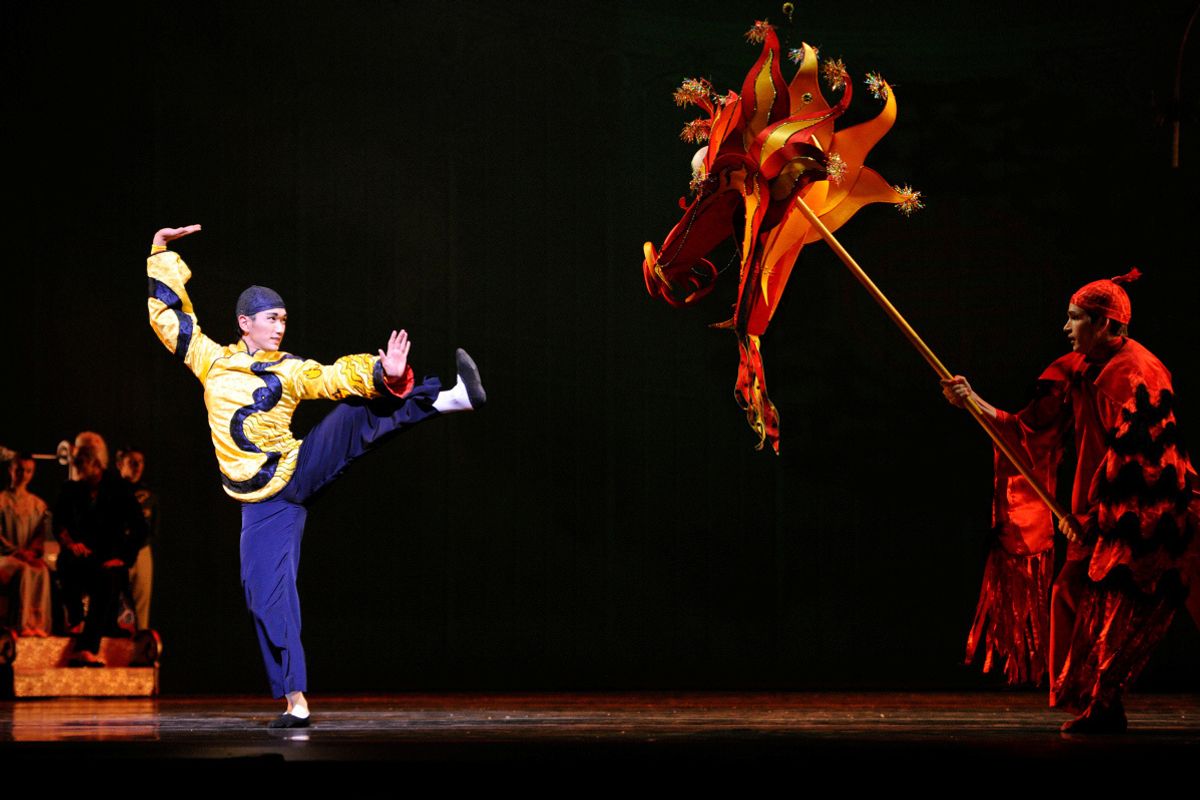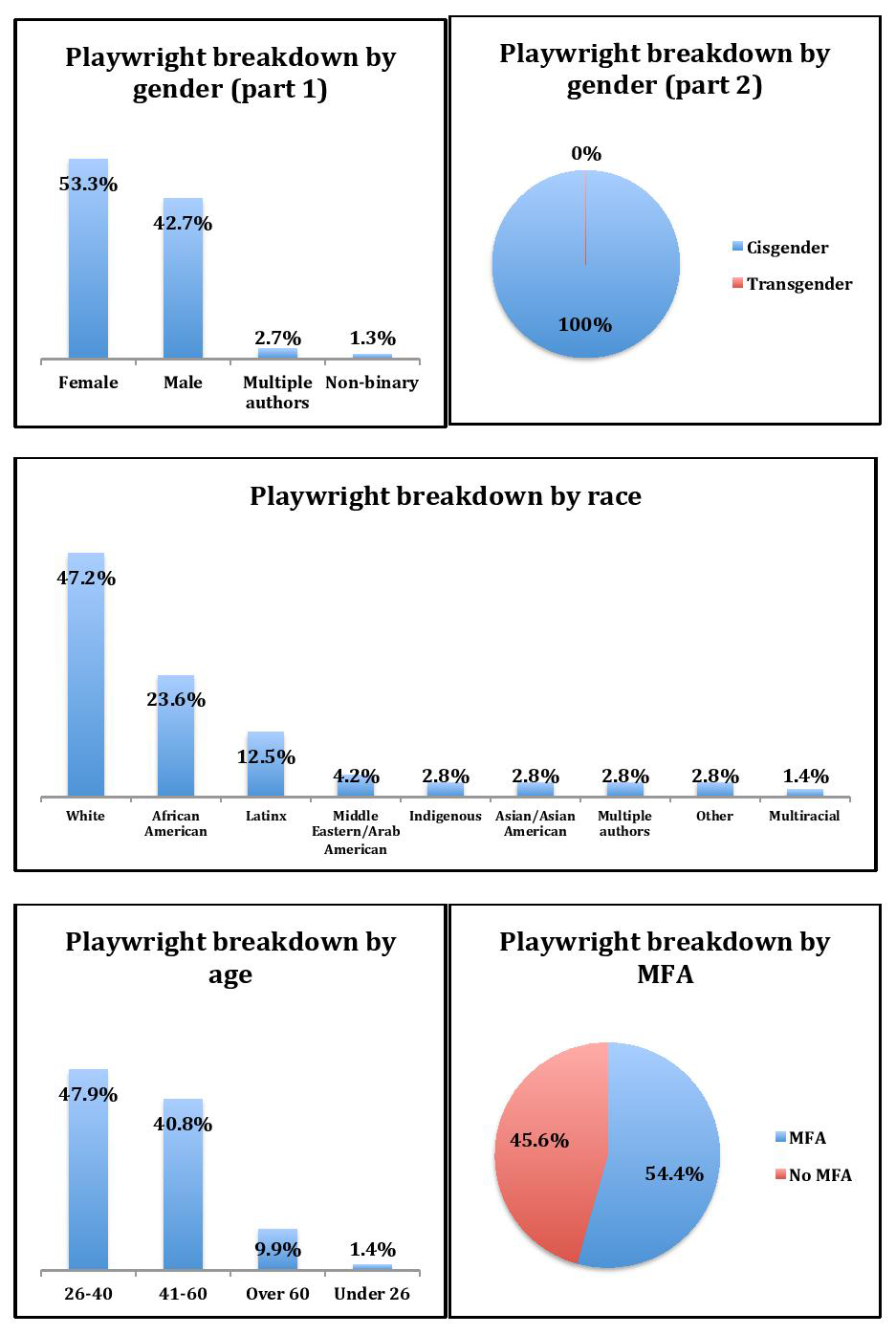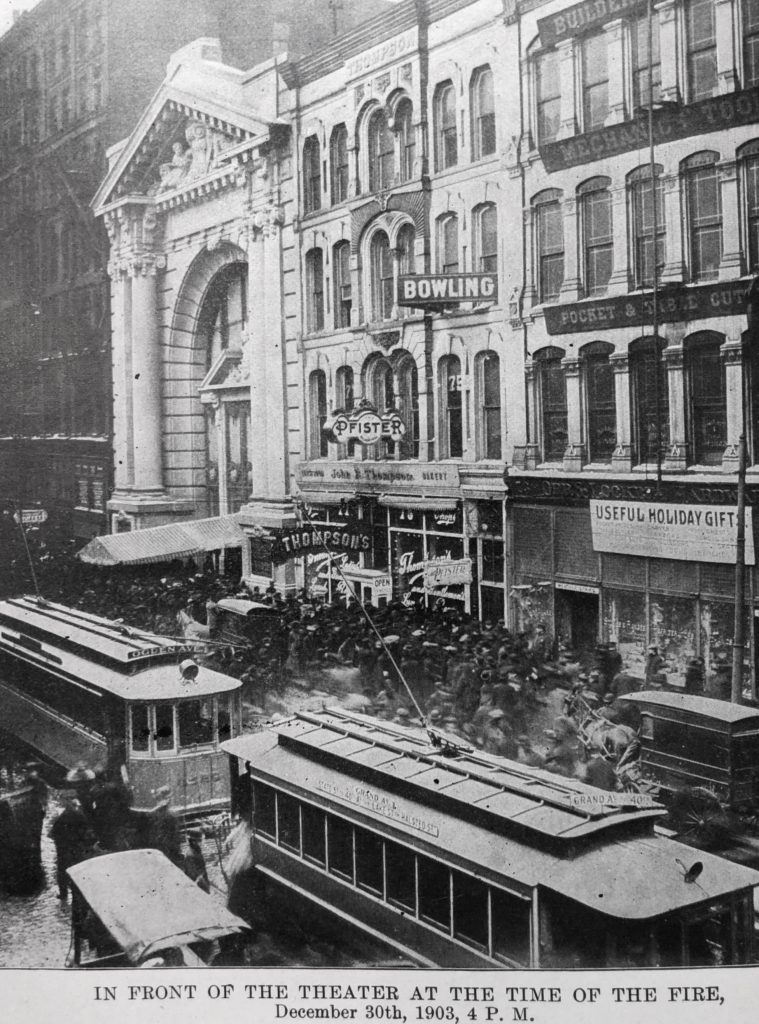Here are a few posts from last week's Greenpage that might be worth your time...
The Joffrey Ballet's Nutcracker Has a New Role for Dancers With Disabilities
Dance Magazine: Marie and Franz have a new guest at their Christmas Eve party this year. Emma Lookatch and Larke Johnson, both dancers in the Adaptive Dance Program at Joffrey Academy of Dance: Official School of The Joffrey Ballet, are alternating in the new role of Worker Girl. It is a permanent part created specifically for students with disabilities in Christopher Wheeldon's version of The Nutcracker at The Joffrey Ballet.
4-day firestorm of controversy ends with Utah Rep closing its doors
Gephardt Daily: Four days after an actor vandalized the Utah Repertory set of “American Psycho,” and one day after that actor posted the reasons for his act on Facebook, the theater has closed down all operations.
“Utah Repertory Theater Company closes its doors after seven wonderful years of productions,” says a theater Facebook post issued in the early hours of Tuesday.
College yanks student-directed play at last minute because it depicts KKK
The College Fix: Is ‘The Sound of Music’ banned now, too?
A private college canceled a student-produced play that satirizes the Ku Klux Klan an hour before its final dress rehearsal, saying it could trigger some people on campus.
Maryland’s Washington College denies that the last-minute decision amounted to censorship that will chill the expression of other student artists.
'Tarzan' high school musical dropped, amid racism concerns
www.lohud.com/story: What happened at Alexander Hamilton High School last week was either a district acting sensitively to parent concerns or the cancel culture at work.
Either way, Tarzan’s vine has been cut.
Alexander Hamilton High School’s drama club had set Dec. 4 auditions for the Disney musical adaptation of “Tarzan” when two parents complained, one to Principal Joseph Engelhardt, another to Rob Jacoby, the club’s music director and producer.
When Department Stores Were Theater
The New York Times: After the hundreds of jobs going poof and the thus-far inadequate discounts, the saddest thing about the closure of Barneys New York is that its signature naughty window displays will recede even further in collective memory.
